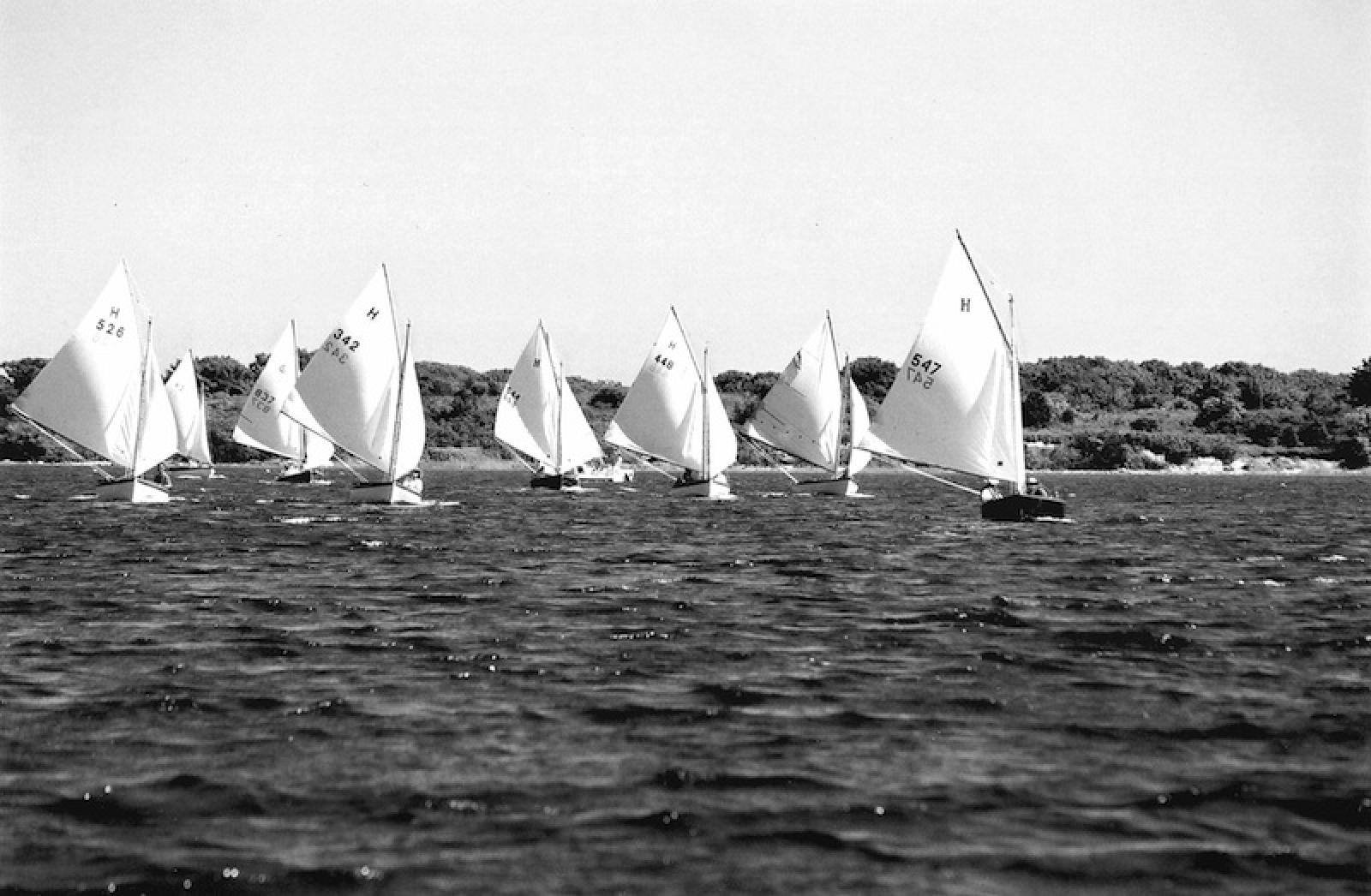Maxine Kumin, the poet, died a little more than a year ago and left behind a collection of poetry that any of us can sit down and read, as well as understand.
One poem, Death, Etc., stands out because I heard her read it some years ago at a literary seminar in Key West and was moved by how accessible it was, how poignant, how true.
The poem is a reminiscence of a woman’s life, a collection of years, of rescue dogs, the growth of a tree and family photos that served to remind her of the passing of time along with what she knew was inevitable. The absence of what has not yet happened is the power in the poem. It was the poet’s tale, but she wrote it for all of us.
The last two paragraphs talk about “our imagined deaths” and how we “go forward stumbling, afraid of the dark, of the cold, and of the great overwhelming loneliness of being last.”
When I heard her reading the last few lines in a small auditorium, I was sitting next to my husband and knew the poet was incredibly gifted to evoke the very same feeling in me that drove her to compose a poem with such brutal truth aimed right at my heart. She said what she did without flinching. I said nothing to my husband and was quiet on our walk home. I didn’t ask if he liked her poetry. I decided to savor our walk as we inhaled the fragrant night-blooming jasmine. I knew the poem had touched him as well, as each of us must have thought which of us would experience “the overwhelming loneliness of being last.” I thought it best to allow a scab to form over Maxine’s poem and not mess with it.
Several short years later in the very town where we first heard the poem, we learned that my husband most likely had an illness not yet defined, but one that was clearly deadly. We were suddenly in the grip of what felt like a snake bite that had struck us both from inside the shrubbery of the white picket fence surrounding our home. Nothing would be safe again. The picket fence was worthless.
I wanted to go to sleep and awaken in another place, another world, where he was going to the gym and riding his falling-apart bike. I wanted to go to the movies, return to that Cuban restaurant we liked, walk along the waterfront looking at boats with no knowledge of what we now knew. We had bitten into the apple and it was bitter.
That place where people do those things, the ordinary things, no longer belonged to us. We had entered a new realm, a place of frightening wonder with corridors of bald children being pushed in strollers by their parents, depleted people slumped in their chairs awaiting their turn to be called for another test, another blood letting, another anything that made them feel like perhaps there was a kernel of hope. That was it; that was the hook. All any of us there wanted was the illusion of hope. We all, every one of us, wanted yesterday. Tomorrow we all knew was a lousy second act. We were smart, only wanting a one-act play, but life rarely grants wishes of the kind that all the forlorn sitting in those neutral-colored hospital chairs were making deals to obtain.
My husband died in June a couple of years ago, right around the summer solstice. He loved summer so he could sail and I loved to stand on our front porch and watch the small Herreshoffs racing in the distance on Menemsha Pond. I recalled the last time we sailed together and how we talked about doing it again “soon.” Soon never came.
A couple of years have almost passed but there’s still that hollow. I didn’t just lose him. I lost us.
Roseline Glazer is a seasonal resident of Chilmark.




Comments (14)
Comments
Comment policy »